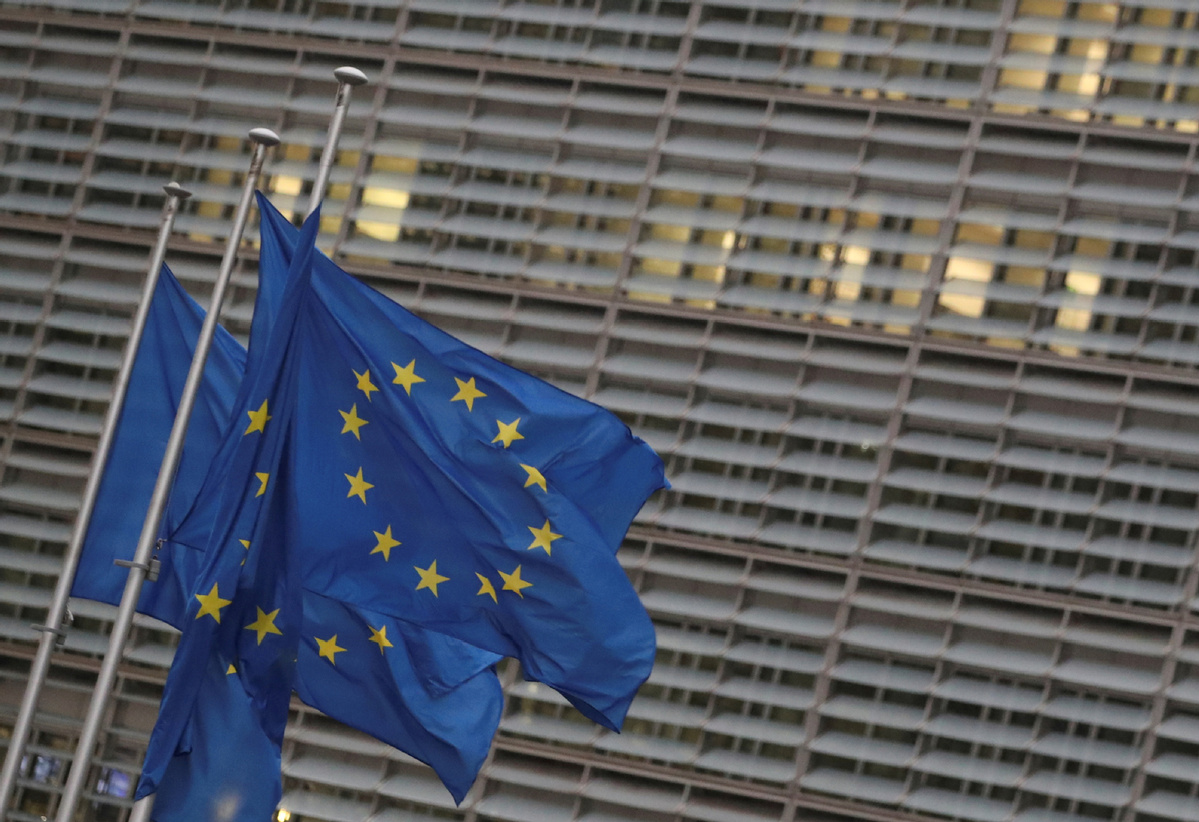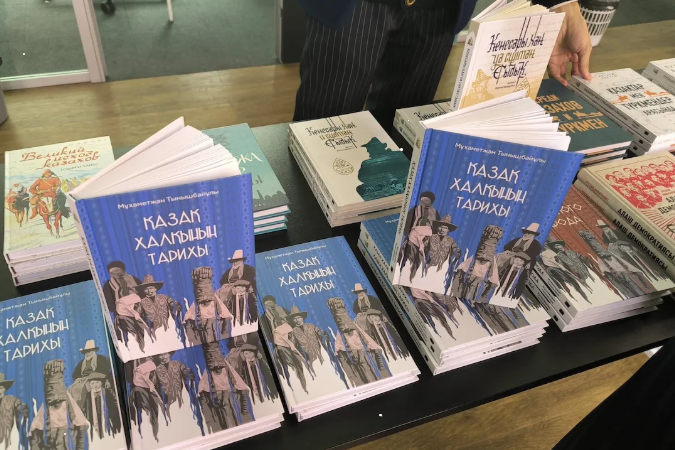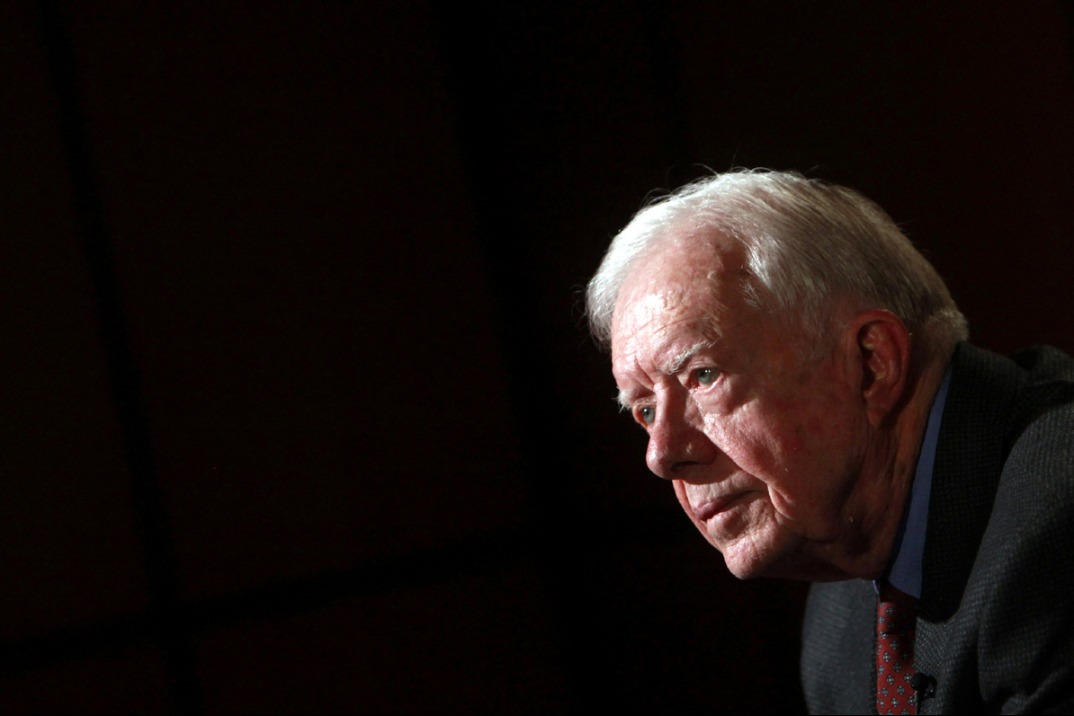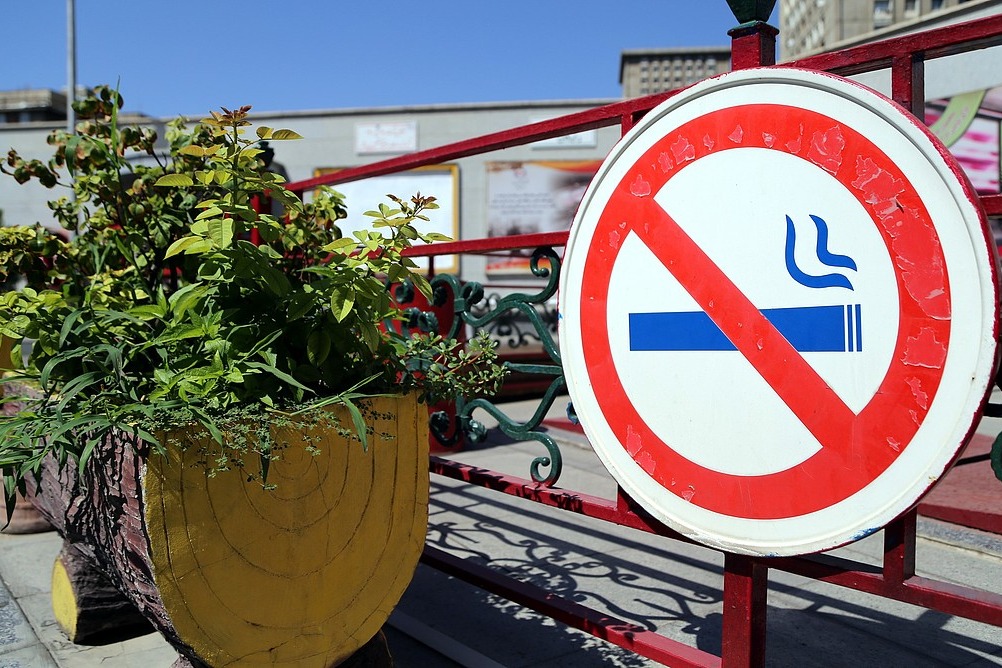Relief at UK, EU trade deal, but challenges remain


After rounds of painful and intense negotiations, the United Kingdom and the European Union finally secured a post-Brexit trade deal on Thursday, paving the way for avoiding the possible nightmare of a chaotic economic break on Jan 1.
According to a statement released by Downing Street, the agreement is the biggest bilateral trade deal signed by either side, covering trade worth 660 billion British pounds ($890 billion) a year.
European leaders were quick to herald the 11th-hour accord that heads off the threat of Britain crashing out of the EU after 47 years of shared history with no post-Brexit rules.
Irish Premier Micheal Martin-whose EU member state would have been hit hard by a no-deal UK exit-said the accord was the "least bad version of Brexit possible".
German Chancellor Angela Merkel said she was "confident" that the deal was a "good outcome", and French President Emmanuel Macron said that "Europe's unity and firmness paid off".
With only seven days left before the end of the Brexit transition period, the deal was a great relief for people on both sides of the English Channel who do not want to see a disorderly Brexit.
Failure to reach a free-trade agreement would mean bilateral trade would fall back on World Trade Organization rules in 2021.
Professor Iain Begg from the London School of Economics said both London and Brussels have had to make "uncomfortable concessions" to strike the trade deal.
"Both sides have had to 'bend' in the last frantic effort to prevent the mutual self-harm that would have arisen from 'no-deal', with the chaos at (the port of) Dover as a result of COVID-19 restrictions providing a timely reminder of what might have happened," he said.
The hard-won trade deal, which runs for nearly 2,000 pages, would help avoid the imposition of tariffs and duties that would cost Britain and the EU billions of dollars in trade and hundreds of thousands of jobs.
The benefits are more than enough to make the deal a historic one, but are insufficient to end Brexit's aftermath conclusively, according to Xinhua News Agency.
For one thing, the deal cannot heal the division between the Remain and Leave campaigns inside Britain. For some Brexiters, Britain has made too many unnecessary or even unjustified compromises in the imperfect deal. The mood of dissatisfaction may be exploited by some Brexit politicians to interrupt implementation of the deal in the future.
In addition, as some British analysts fear, the "successful" divorce may somehow encourage the Leave campaign in Scotland in the near future. Also, bidding farewell to the EU does not automatically establish a "Global Britain". Both chances and challenges lie ahead on London's journey to be "global".
Xinhua and agencies contributed to this story.

































